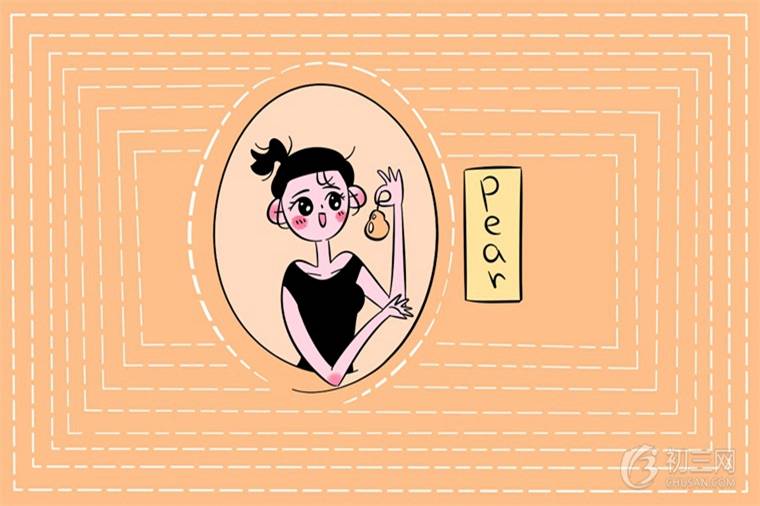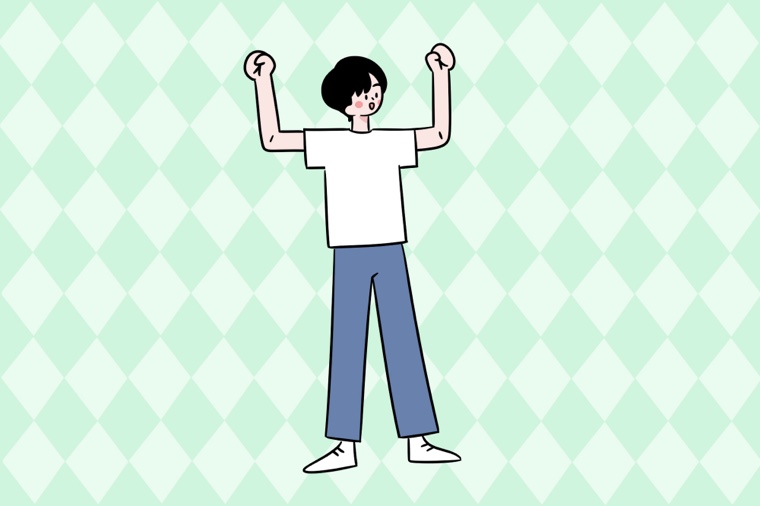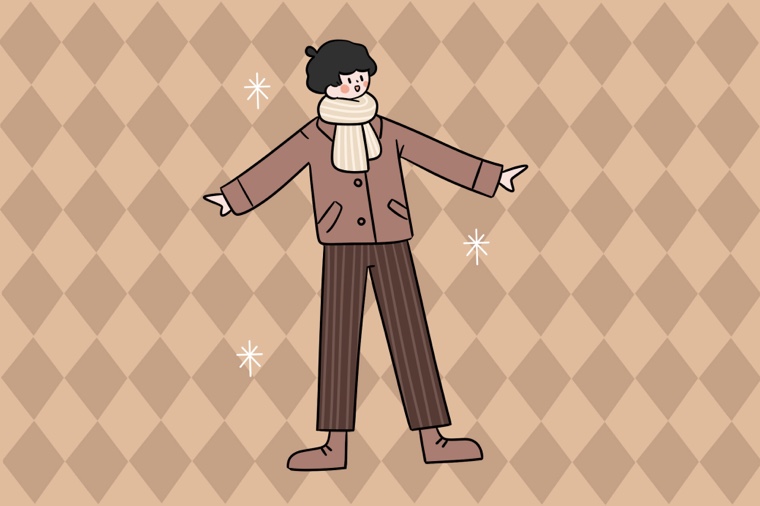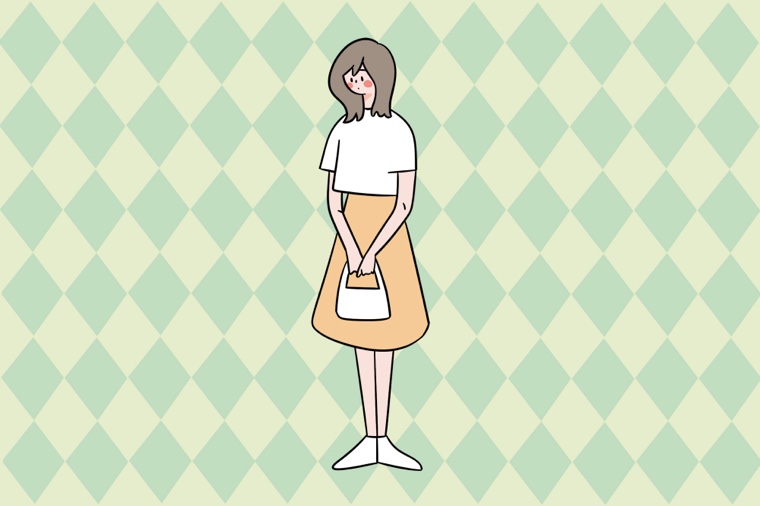下面小编为大家整理了初中英语基本知识点归纳,希望对同学们期末复习有帮助,一起了解一下吧,供参考。

用于无生命的东西:the legs of the chair, the cover of the book, a map of the world , the story of a hero , the windows of the room , the title of the film
用于有生命的东西,尤其是有较长定语时:the classrooms of the first-year students
某些of所有格和‘s所有格可以互换。
the son of a poor peasant=a poor peasant‘s son一个贫农的儿子。
但有时含义却不相同,请比较下面的例子:
an old woman's story(一个老妇人讲自己的身世)。
the story of an old woman(别人讲一个老妇人的身世)。
一、是没有复数的形式;(milk, milk, milk)
二、是作主语,谓语须用单;(The water is clean. The air is fresh. )
三、是其前不用a和an;(The work is hard to do. )
四、是修饰不用基数词;
五、是可用much、some、any、a lot of等修饰;(I want to drink some water.)
六、是表数量,计量名词加of。(There is a cup of tea on the table.)
到目前为止,教材里已经出现了好多不可数名词,假如你不能记住它们,请背诵下面的顺口溜:
食物,面包,肉,米饭;
(food,bread,meat,rice)
饮料,牛奶,桔汁,茶;
(drink,milk,orange,tea)
鱼,水,工作,空气;
(fish,water,work,air)
语言名词均为不可数英语,汉语,法语,日语.
(English,Chinese,French,Japanese)
1.It's+形容词+of+sb.+动词不定式"某人(做某事)……",说明"人"的性质或特征。
常用形容词有:good,kind,nice,polite, clever, foolish, lazy, careful, careless, right, wrong等
It's very kind of you to help me.
It's foolish of you to make such mistake.
2.It's+形容词+for+sb.+动词不定式 "做某事对某人来说……", 说明动词不定式的性质、特征。
常用形容词有:difficult, easy, hard, dangerous, safe, useful, pleasant, interesting, impossible等。
It is impossible for a child to answer the question. 小孩子不可能回答出这个问题。
It is dangerous for you to swim alone. 你自己一个人去游泳很危险。
3. 主语+be动词 +形容词+动词不定式 这一句型常用表示感情、情绪,以及表示能力和意志的形容词,
如: glad, pleased, sorry, sad, thankful 或ready, able, sure, certain等。
I'm very sorry to hear the news.
1.elder和older
①elder为"年长的",只指人,用来比较年龄长幼,尤指兄弟姐妹的长幼关系,它只能用在名词前作定语,不能用于than引导的比较状语从句中。如: Jordan has two elder brothers and an elder and a younger sister.
②older为"年龄较大的,较老的,较旧的",可指人,也可指物,作定语或表语,能用在than引导的比较状语从句中。 My elder brother is 7 years older than my younger sister.
2.good和well
good和well都表示"好"。通常,作定语或表语时用good,作状语时用well;表示"身体好的"用well.
Doing sports is good for us. 做运动对我们有益。(作表语)
Sandy dances well and she is a good dancer. 桑迪舞跳得好,她是个出色的舞者。(well作状语,good作定语)
---How are you---I am very well. (作表语,表示"身体好的")
3.huge, big, large,和great
1)huge强调尺寸、体积"庞大"(指体积时,比large, great所指的体积大),容量和数量"巨大",不强调重量。
About ten years ago scientists from the United States found that the large object caused a huge hole in Mexico.
2)big最通俗、常用,强调比正常程度、范围及规模的标准大,修饰人、物或数量。反义词是little或small
My best friend is Xiao Li, but last week in school we had a big fight.
3)large强调远远超过标准的"大",可指数量、容量、体积和面积,比big正式,反义词是small.
So it is proved that the large object had a close relation with the death of dinosaurs and other animals.
4)great通常指抽象的事物。可表数量、距离和程度,修饰人时,意为"伟大的"。
This is a great chance that many people do not have.
用法:表示将要发生的事情或存在的事情。
构成:主语+will/shall(第一人称)+动词原形。
表示未经事先思考的意图,表明说话者的观点、主观意识。
主语+be going to+动词原形。
表示已经决定或安排要做的事,客观迹象表明必然或可能发生的事,表示自然现象。
主语+be to+动词原形。
表示计划中约定的或按职责、义务必须去做或即将发生的动作。
主语+be about to+动词原形(常与when连用)。
表示主观要做的事,常与when连用。

初中生,又特别是英语成绩不好的初中生,其最典型的问题就是词汇量小。词汇是英语的基础,等同于中文中的汉字。 万丈高楼从地起,基础是最重要的,没...

初中英语一对一补习根据小编的了解各个地区的收费标准都是不同的,大一点的城市一对一补课的价格就稍微贵一点,大概在三百元到四百元之间,如果是小一...

高中英语和初中英语的区别:初中基本上以简单句为主,偶尔涉及到个别宾语从句或状语从句,高中基本上以复合句为主,要求学生深刻理解句子结构和语法成...

一定要有一本英语词典,勤翻词典。我不爱背单词,从来不背单词,但是常常会遇到不认识的词,于是就常常翻词典,翻得次数多了,对于那些不熟的单词也就...

初中英语基本知识点总结:1.主语:句子所陈述的对象。2.谓语:主语发出的动作。一般是有动作意义的动词。3.宾语:分为动词宾语和介词宾语,属于...

初中英语学习的有效方法:培养学习英语的兴趣。“兴趣是比较好的老师”,要学好英语首先要培养学习英语的兴趣,只有喜欢英语才能更好地学习英语。要懂...

初中英语学习方法要注重培养自身的自主学习能力和综合运用语言的能力,学习英语不仅仅是为了考试,还为今后的工作和生活服务。学习初中英语要抓住课堂...

学习初中英语要抓住课堂认真听老师讲课,大胆积极地练习说英语;自主开发更多的学习资源,多听、多说、多写;通过读和背,我们才能获得最多的实践量,...